Description
A groundbreaking handbook, Complex Trauma and Its Effects sees two leading experts in community mental health present a collection of essays, papers, interviews and articles that explore the nature and extent of psychological and emotional trauma and its impact on people’s lives.
Audience
This is a valuable resource for everyone in the caring professions; welfare services, and the public health, criminal justice and education sectors who wishes to create a more constructive environment that will enable their service users to develop their full potential.
Details
ISBN: 9781908066626
Publisher: Pavilion Publishing and Media
Publication: 05 March 2012
Content:
Section one: The nature of trauma
- Introduction
- Chapter 1: Everybody’s problem: the personality disorder dimension
- Chapter 2: Perspectives from the biological sciences
- Chapter 3: Perspectives from the social sciences; Chapter 4: Socio-emotional systems.
Section two: Innovations in practice
- Introduction
- Chapter 5: Children without play
- Chapter 6: Playing with freedom
- Chapter 7: For argument’s sake
- Chapter 8: Debating at the Urban Academy
- Chapter 9: Turmoil and transition: St Basils
- Chapter 10: On assessment: PD typologies and ‘learned defiance’ in the prison population
- Chapter 11: The Drama Triangle and other ‘unwanted repetitive patterns’
- Chapter 12: Empowering the victim in the criminal justice system
- Chapter 13: An occupational hazard: managing traumatic incidents in the fire and rescue service
- Chapter 14: The traumas of war
- Chapter 15: Homelessness, complex trauma and recovery
- Chapter 16: Banking on time: Potter Street TimeBank
- Chapter 17: Building recovery communities
- Chapter 18: A one-stop community
- Chapter 19: Trauma in later life
- Chapter 20: Common threads.
Section three: The future
- Introduction
- Chapter 21: Communities, once and future
- Chapter 22: Psychology in the environment
- Chapter 23: Enabling environments, public health and human values
- Chapter 24: Conclusion
- References
- Further reading.
Author
Robin Johnson read social science and philosophy at the University of Kent at Canterbury in the late 1960s, which was where he first became interested in concepts of mental health and mental illness. Discovering the therapeutic community (TC) approach – a practical agenda for a more social psychiatry – he worked and lived in a number of such communities in the 1970s, including the Henderson, one of the best known of all ‘TCs’; and then went on to train as a mental health social worker.
While working in a small multidisciplinary team in Nottingham, Robin became interested in the role of housing and homelessness services in working with some of the most vulnerable, chaotic and ‘hard to reach’ clients. In 2001 he set up the RJA consultancy practice, to pursue an interest in research and development on mental health and housing. Since then, he has acted as an adviser to various government departments on innovative practice, emerging policy and the nature of the evidence for one of the key social determinants of health.
Robin is now a member of the Royal College of Psychiatrist’s Enabling Environments working group; joint editor of the Journal of Housing, Care and Support; and a visiting fellow at the Institute of Mental Health, and the International Centre for Public Service Management at Nottingham Trent University. Robin was also an organiser of the local Café Scientifique for many years, where he says he gathered ‘more perspectives on what it is to be a human being’.

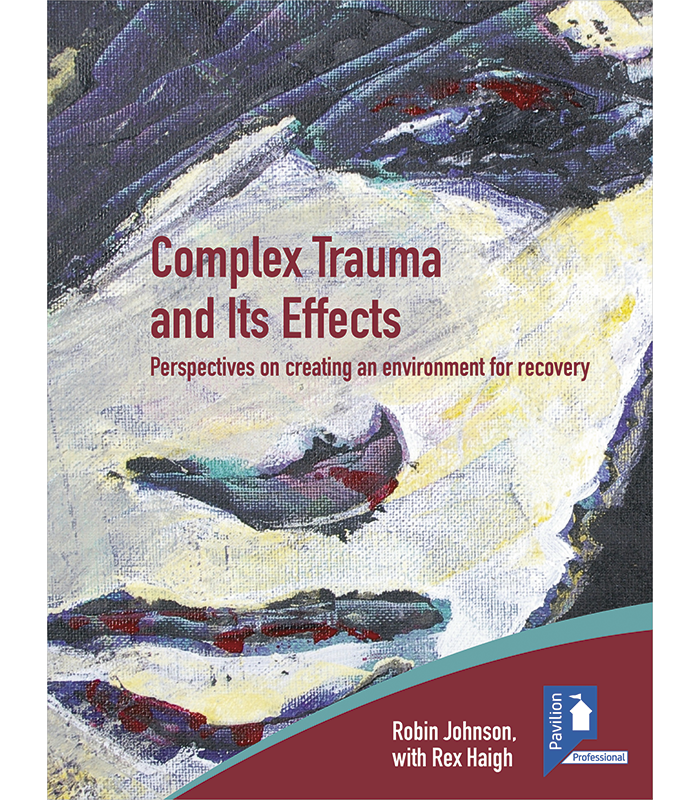
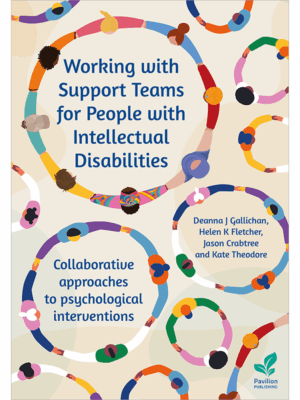
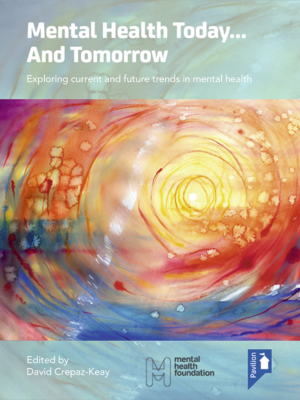
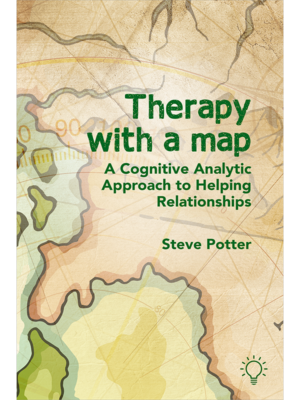
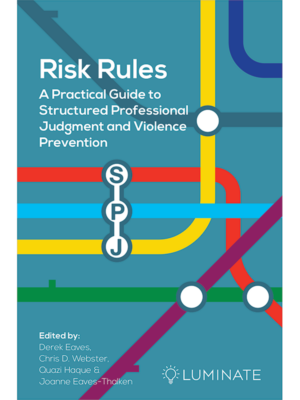
Reviews
There are no reviews yet.